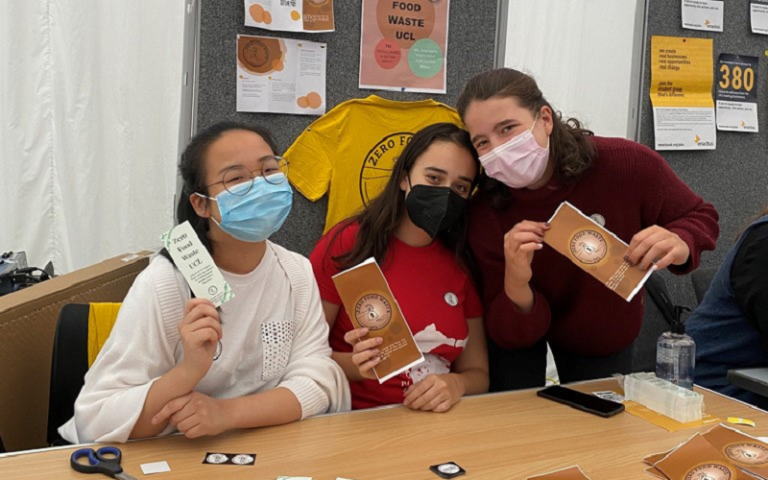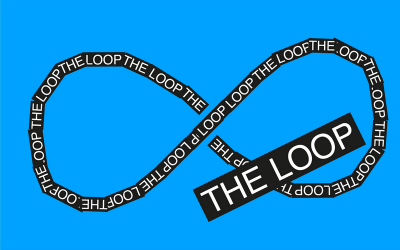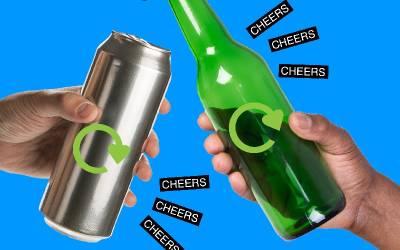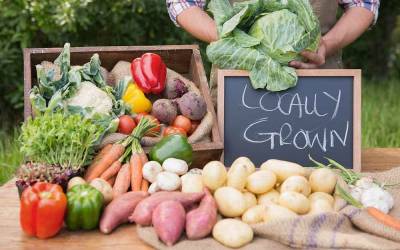Student Action to reduce Food Waste at UCL
The student-led Zero Food Waste UCL project are working with Food at UCL and the Students’ Union to collect UCL’s food waste and redistribute it to St Mungo’s.

19 November 2022
Over one-third of food produced globally goes to waste, releasing high levels of greenhouse gases. If food waste was a country, it would be the third largest emitter of greenhouse gases. Tackling food waste is an essential part of our battle against the climate emergency.
Zero Food Waste UCL
The student-led Zero Food Waste UCL project are working with Food at UCL and the Students’ Union to collect UCL’s food waste and redistribute it to St Mungo’s, a local hostel, thereby reducing the institution’s waste and greenhouse gases.
Food Waste Competition
Zero Food Waste UCL aren’t the only students on campus helping tackle food waste; the UCL International Development Hub ran a competition in collaboration with Food at UCL in autumn 2021 to source student solutions to real-life campus problems. The winner, Malena, a post-grad student at the UCL Institute of Ophthalmology, won a meal for two for her idea to display a picture of the average meal sizes by buffets to encourage responsible consumption and reduce food waste from people overfilling their plates.
What you can do?
Despite these efforts, the biggest source of food waste in the UK is the food we throw away at home, with 70% coming from household waste, and 12% from hospitality.
Start following these simple steps to tackle the household food waste mountain:
- Make sure you only buy what you can eat;
- Prioritise using the food you already have over buying new food for meals;
- Make sure you seal food properly in the fridge;
- Use your freezer to keep leftovers.
If you’re interested in joining Zero Food Waste UCL, email them on su.zerofoodwaste@ucl.ac.uk or message them via Instagram.
 Close
Close




